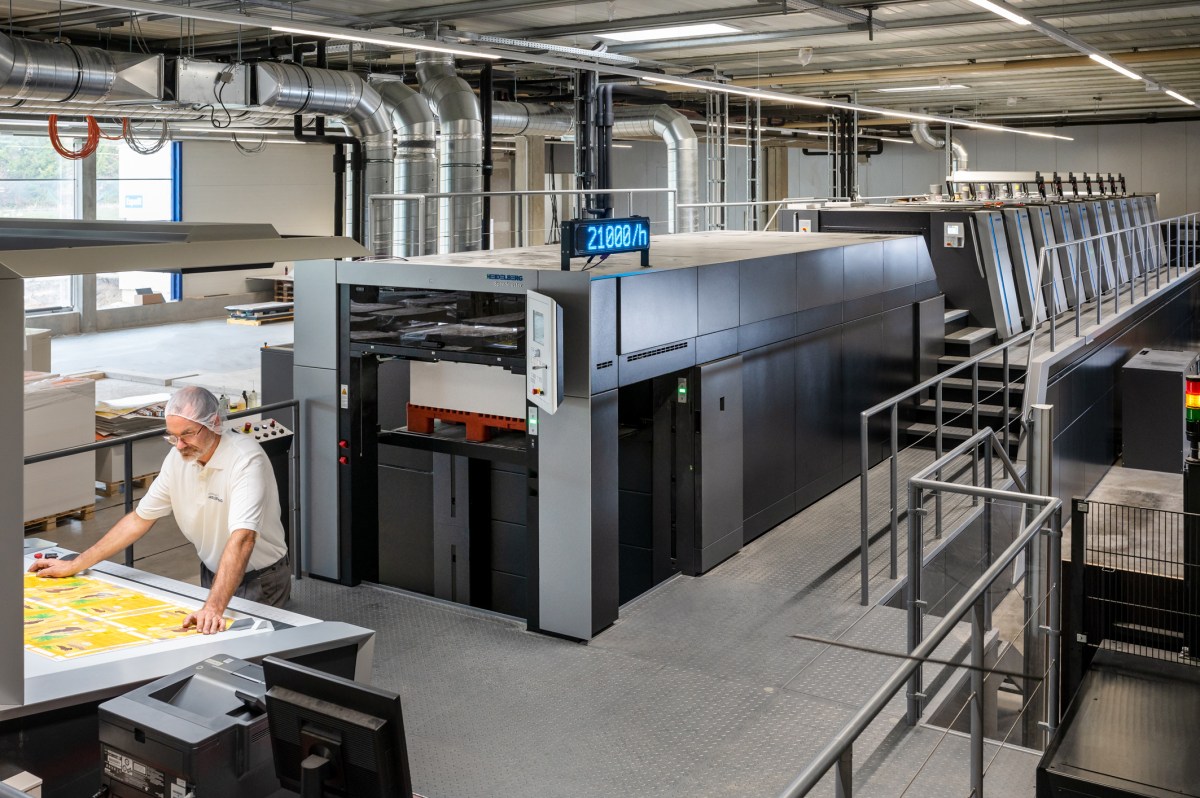Heidelberg has confirmed its financial forecast in a challenging economic climate. It says the development of sales and EBITDA at the company falls within the expected range for the current financial year 2023/2024.
After the first three-quarters, the company achieved sales of €1.686bn ($2.9bn), thanks primarily to growth in the packaging segment. Following adjustment for exchange rate movements, this figure matches the previous year’s level.
The adjusted operating result (EBITDA) was an improvement on the same period of the previous year. The net result after taxes after nine months remained clearly positive at €34m. Compared with the previous year, higher tax expenditure, increased pension-related interest costs, and the lack of positive special items had a bearing on the result.
Ludwin Monz, chief executive officer at Heidelberg, says, “In the first three quarters of the financial year, Heidelberg has held its own in a weak macroeconomic climate. The development of sales and EBITDA is within the expected range.”
Following the good first half-year, incoming orders in the third quarter of the financial year reflected the economic climate. Overall, they were significantly weaker.
While the development of service business was stable, one particular adverse effect was the downturn in equipment business in North America and EMEA. Another reason for this downturn besides the weaker economic climate is that some customers are waiting for interest rates to drop in the short term and for innovations at the drupa industry trade show, which starts in May.
Heidelberg is actively countering the weaker market development by initiating measures that will have a financial impact. In the light of lower incoming orders, the company has been implementing short-time working in parts of its operations at several production sites since January 2024.
The company says its value creation programme will deliver positive effects of around €60m by the end of Q3 2023/24. Since April last year, Heidelberg has identified around 250 initiatives for the coming three years as part of the value creation programme. These initiatives will help generate sustainably positive free cash flow moving forward. In the current financial year, the measures are already playing a key role in achieving the positive free cash flow figure that is expected at the end of the financial year.
Tania von der Goltz, chief financial officer at Heidelberg, says, “Heidelberg is facing up to the changed underlying conditions, acting quickly to counter rising costs and the weaker order situation. What’s more, the value creation program will already make a positive contribution to free cash flow amounting to around € 60m in this financial year.
“The cash generated from operating activities (operating cash flow) has improved substantially, in particular thanks to more efficient management of inventories and receivables (working capital) in the reporting period.”


